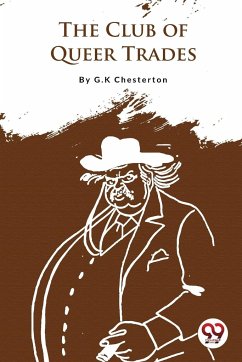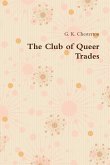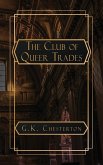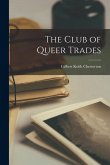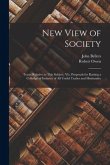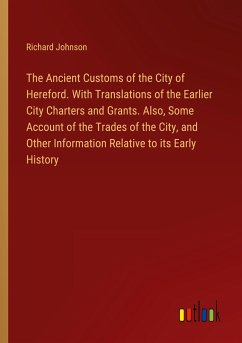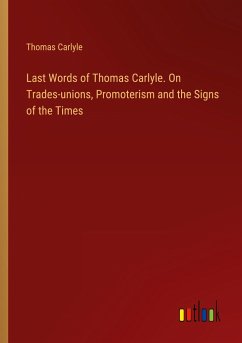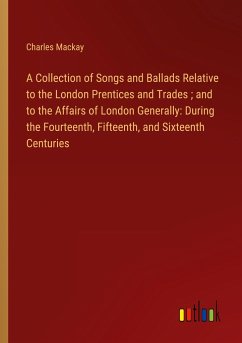G. K. Chesterton published a collection of short stories called The Club of Queer Trades. Each tale in the anthology centers on a character who earns a living uniquely and remarkably (a ""queer trade"", using the word ""queer"" in the sense of ""strange""). ""Cherub"" Swinburne's frame story details his search for The Club of Queer Trades with his friend Basil Grant, a retired judge, and Rupert Grant, a private investigator, and Basil's younger brother. The meeting with one of the trades is detailed in each of the stories. These six little tales are lighthearted and humorous but not trite. Basil Grant, a retired and reclusive former judge who is described as insane, mystical, and a poet, with essentially no acquaintances, but who ""would talk to anyone anyplace,"" goes on adventures with Swinburne. These six little tales are lighthearted and humorous but not trite. Basil Grant, a retired and reclusive former judge who is described as insane, mystical, and a poet, with essentially no acquaintances, but who ""would talk to anyone anyplace,"" goes on adventures with Swinburne.
Hinweis: Dieser Artikel kann nur an eine deutsche Lieferadresse ausgeliefert werden.
Hinweis: Dieser Artikel kann nur an eine deutsche Lieferadresse ausgeliefert werden.

